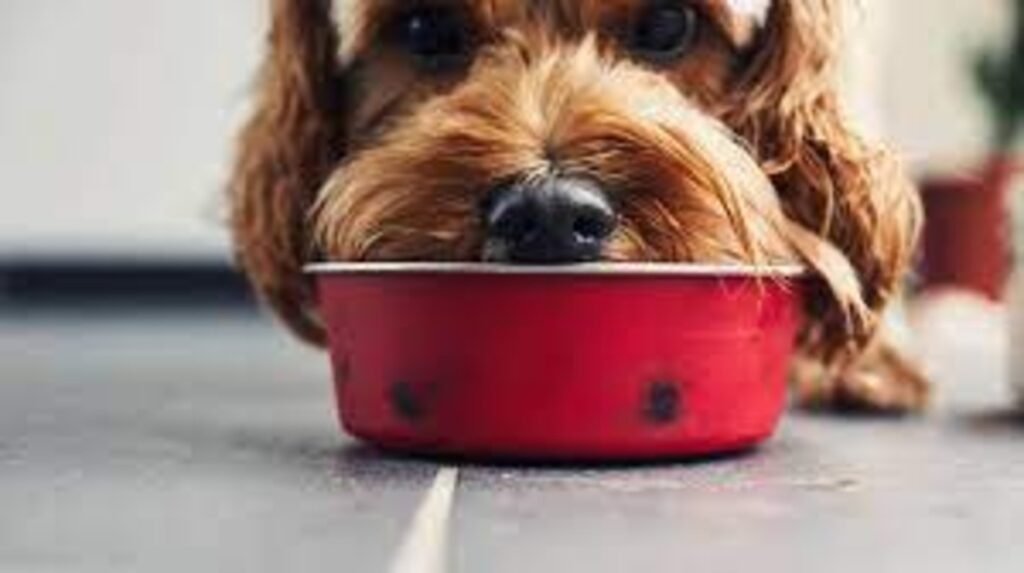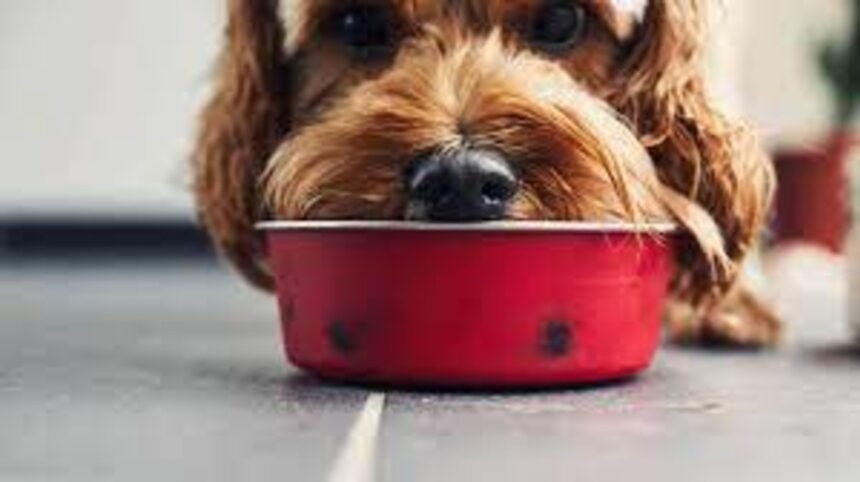Introduction:
As pet owners, we share an unbreakable bond with our furry companions. Just as we strive to maintain a balanced diet for ourselves, it is equally vital to ensure that our pets receive proper nutrition to lead healthy and happy lives. However, offering a balanced diet to our pets isn’t just about knowing what they should eat; it’s also about understanding what foods should be strictly avoided. In this feature article, we delve into the importance of a balanced diet for pets and explore the foods that should never find their way into their bowls.

The Significance of a Balanced Diet:
Much like humans, pets require a variety of nutrients to thrive. A balanced diet for pets should include proteins, carbohydrates, fats, vitamins, and minerals. Proper nutrition supports their growth, strengthens their immune systems, maintains their coat and skin health, and helps prevent a range of potential health issues. Ensuring a balanced diet is one of the most effective ways to extend the lifespan and overall well-being of our furry friends.
Foods to Avoid:
1. Chocolate: Often viewed as a treat for humans, chocolate contains substances like theobromine and caffeine that are toxic to pets, particularly dogs and cats. Ingesting chocolate can lead to vomiting, diarrhoea, seizures, and even death in extreme cases.
2. Grapes and Raisins: Grapes and raisins might seem harmless, but they can cause kidney failure in dogs, leading to symptoms like vomiting, lethargy, and decreased appetite.
3. Onions and Garlic: These ingredients, commonly found in many human dishes, can be toxic to pets. They can damage red blood cells and potentially lead to anaemia.
4. Xylitol: This artificial sweetener, often found in sugar-free gum, candies, and baked goods, can cause a rapid release of insulin in dogs, leading to low blood sugar levels and, in severe cases, liver failure.
5. Bones and Cooked Bones: Cooked bones can splinter, causing internal injuries when ingested. Additionally, fatty bones can lead to pancreatitis in pets.
6. Avocado: Avocado contains a substance called persin, which can be harmful to many animals, especially birds, rabbits, and larger animals like horses and cattle.
7. Alcohol: Alcohol consumption can have a severe impact on pets, leading to symptoms such as vomiting, diarrhoea, central nervous system depression, difficulty breathing, and even death.
8. Caffeine: Like chocolate, caffeine is present in coffee, tea, energy drinks, and some medications. Even small amounts can lead to restlessness, rapid heart rate, tremors, and seizures.
Conclusion:
While it’s natural to want to share our meals with our pets or give them treats, it’s crucial to prioritize their health and safety by offering them a diet tailored to their needs. Avoiding the foods mentioned above is a fundamental step in maintaining their well-being. As responsible pet owners, we hold the power to extend their lives and ensure that they experience all the joy and companionship that our beloved pets bring into our homes. So, let’s pledge to be mindful of what we feed our furry companions and provide them with the love, care, and nutrition they deserve.






